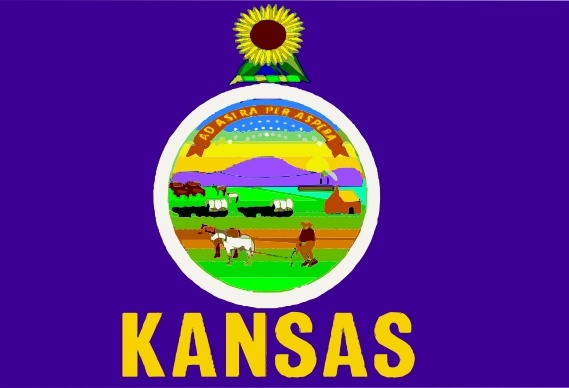KDADS Reaches Agreement with Disability Rights Center of Kansas to Expand Services in Nursing Facilities for Mental Health
TOPEKA – Kansas Department for Aging and Disability Services (KDADS) Secretary Laura Howard announced today the agency has reached a pre-litigation agreement with the Disability Rights Center of Kansas (DRC), et al., in response to a demand letter issued last year to Secretary Howard and Kansas Department of Health and Environment Secretary Lee Norman.
In May 2019, DRC issued an investigative report on Kansas’ 10 state-funded nursing homes for mental health (NFMHs) entitled, “Stuck in Institutions: The Crisis of Mental Health Supports and Services in Kansas” that addressed the decline in state funding for community mental health services from FY 2007 – FY 2018, and the funding of institutional care in Kansas.
“KDADS, Governor Kelly and the Kansas Legislature have worked hard over the past three years to improve behavioral health services in Kansas. This agreement continues us down the path of strengthening the continuum of care for individuals needing mental health services with a focus on community-based options,” Secretary Howard said. “We are pleased to make progress for individuals residing in Kansas’ nursing facilities for mental health now and in the future.”
The report issued by DRC in 2019 was followed by a demand letter, issued June 18, 2020, alleging discrimination of persons with mental illness in violation of Title II of the American’s with Disabilities Act, Section 504 of Rehabilitation Act, the Fair Housing Act, and the Medicaid Act’s Preadmission Screening and Resident Review (PASRR) requirements. The letter was submitted by DRC on behalf of the Topeka Independent Living Resource Center (TILRC) and, as written in the letter, the “hundreds of individuals with mental illness who are needlessly institutionalized” in Kansas’ NFMHs.
DRC was joined by two national partners, The Center for Public Representation (CPR), a public interest law firm, and AARP Foundation (AFL), the charitable arm of AARP that engages in legal advocacy on behalf of vulnerable older adults across the country. Shook, Hardy & Bacon, L.L.P. served as local counsel.
The agreement reached by KDADS/KDHE and DRC/TILRC/CPR/AFL/Shook, Hardy & Bacon identifies eight Practice Improvements the state is to implement on a statewide basis over the next eight years:
- Increase the number of NFMH residents who receive specialized services;
- NFMH residents receive information and informed choice regarding community options;
- NFMH residents receive information and assistance to address barriers to community transition;
- Expand supported housing options statewide for the target population;
- Expand supported employment statewide for the target population;
- Case manager develops person-centered plan that includes specialized services and transition to the community upon admission to the NFMH;
- Increase peer support; and
- Develop Flexible Assertive Community Treatment Teams (ACT) and Mobile Crisis Intervention and Stabilization Services (MCIS) in conjunction with CMS approval of a State Plan Amendment supporting Certified Community Behavioral Health Clinics (CCBHC) provider types statewide.
The agreement further provides for three outcomes with targeted goals over the next five years:
- Reduction in the number of referrals for admission of at-risk populations and admissions to NFMHs by 10 percent each year;
- Reduce the number of NFMH residents by a target number each year with an average length of stay of more than six months; and
- Increase by 20 percent each year the number of residents discharged from a NFMH into community services and remain in the community for a minimum of 12 months.
Much of the funding to support the agreed upon outcomes has already been appropriated in the FY 2022 budget approved by Governor Laura Kelly.
About the Disability Rights Center
Disability Rights Center of Kansas (DRC) is the federally mandated and funded Protection and Advocacy system for the state of Kansas that is authorized to advocate for the civil and legal rights of persons with disabilities.
